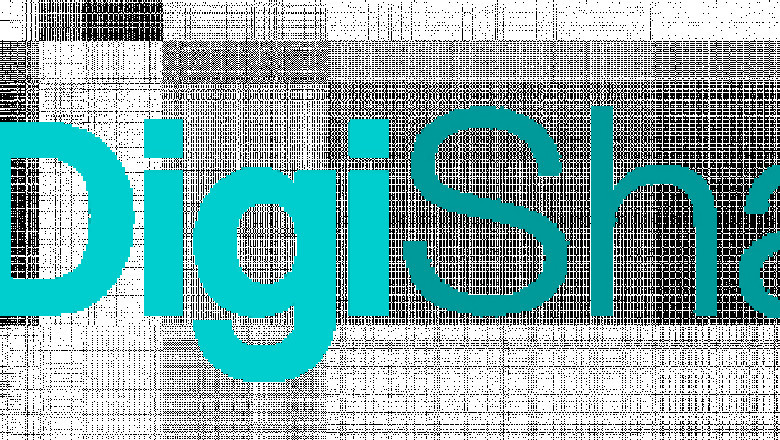views
RWA tokenization is a fast-growing trend that merges traditional finance with blockchain technology. It allows physical assets like real estate, gold, artwork, or bonds to be represented as digital tokens on a blockchain. These tokens are easier to trade, manage, and own, making real-world asset investment more accessible than ever before.
What Is RWA Tokenization?
RWA stands for "Real-World Assets." Tokenization is the process of turning ownership rights of a physical item into a digital token. So, RWA tokenization means converting real assets into blockchain-based tokens. These tokens can be divided into smaller units and traded online, allowing fractional ownership and broader participation.
How Does It Work?
RWA tokenization starts with identifying a physical asset, such as a property or a government bond. That asset is legally held by a company or trust, and digital tokens are created to represent ownership in that asset. Each token corresponds to a fraction of the asset’s value. Investors can buy these tokens using fiat money or cryptocurrency, and blockchain technology keeps a secure record of every transaction.
What Assets Can Be Tokenized?
Almost any real-world item with value can be tokenized. Examples include:
Real Estate – Commercial buildings, homes, land
Commodities – Gold, silver, oil
Art and Collectibles – Paintings, vintage cars, rare wines
Equities and Bonds – Shares of private companies, government securities
Intellectual Property – Music rights, patents, trademarks
This flexibility makes RWA tokenization a powerful tool in modern finance.
What Are the Benefits of RWA Tokenization?
There are several strong advantages to tokenizing real-world assets:
Fractional Ownership – People can invest in small parts of expensive assets like buildings or rare artwork.
Increased Liquidity – Tokens can be traded on blockchain platforms, making it easier to buy or sell shares in physical assets.
24/7 Global Access – Unlike traditional markets that close at night or on weekends, token trading can happen at any time and from anywhere.
Faster Transactions – Smart contracts automate processes like ownership transfer and dividend payments, reducing the need for paperwork.
Transparency and Security – Every transaction is recorded on the blockchain, ensuring clear and tamper-proof records.
Are There Any Risks?
Like any investment, RWA tokenization comes with some challenges:
Regulatory Issues – Rules vary by country, and many governments are still developing laws for digital assets.
Valuation and Pricing – It may be hard to agree on a fair market value for certain assets, especially collectibles or artwork.
Platform Security – While blockchain is secure, token platforms need strong cybersecurity to avoid hacks.
Limited Adoption – Not all investors are familiar with blockchain or comfortable using digital wallets.
Liquidity Might Vary – Some tokens may be harder to sell if there’s low demand or limited access to exchanges.
Who Uses RWA Tokenization?
RWA tokenization is being used by many different groups:
Retail Investors – Everyday people can now invest in high-value assets without needing a large budget.
Asset Managers – Firms can offer tokenized funds or portfolios to clients with faster onboarding and fewer barriers.
Property Developers – Builders can raise capital faster by selling tokens instead of relying only on banks.
Art Collectors – Tokenization allows collectors to sell fractional shares of their valuable items.
Institutions – Banks and investment firms are testing tokenization to modernize asset trading and ownership.
Real Examples of RWA Tokenization
Some leading platforms and companies are already using tokenization in real-world scenarios:
Securitize – Offers tokenized securities including bonds and private equity.
RealT – Allows users to invest in tokenized rental properties in the U.S.
Swarm – Provides a platform for asset managers to tokenize a range of real-world assets.
Ondo Finance – Tokenizes traditional financial assets like U.S. Treasuries for crypto investors.
Backed Finance – Offers tokenized versions of real-world ETFs and securities.
What Is the Future of RWA Tokenization?
The future looks bright for tokenization of real-world assets. As blockchain becomes more mainstream and laws around digital ownership become clearer, more businesses and investors will likely turn to tokenized solutions. Tokenization could change how we trade property, raise capital, and build investment portfolios.
Conclusion
RWA tokenization is changing the way we interact with physical assets by making them digital, divisible, and more liquid. Whether you’re looking to invest in a piece of real estate, own part of a gold bar, or trade government bonds, tokenization can help you do it more easily and affordably. As more people adopt this technology, RWA tokenization could become the foundation of a new global financial system.














Comments
0 comment